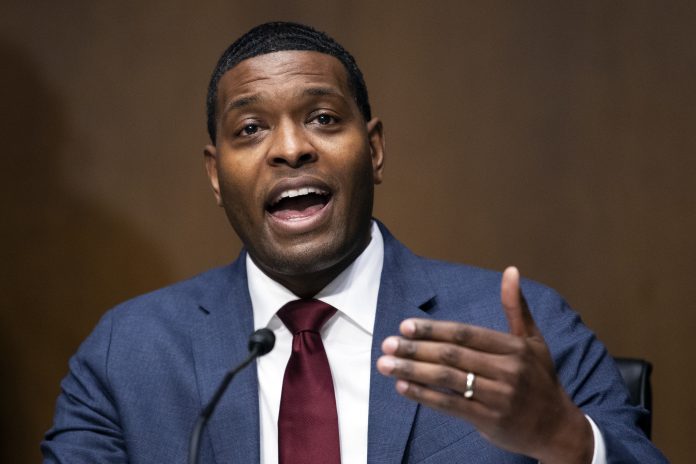The Alliance for Automotive Innovation, a major lobbying group representing most U.S. car manufacturers, is speaking out against new emissions rules proposed by the Environmental Protection Agency and backed by President Biden, which would push the industry to accelerate the electric vehicle transition.
The new guidelines represent the strictest emissions rules yet, with even more aggressive targets scheduled to apply in the coming years. While the policy neither requires car manufacturers to rely solely on EVs to meet these goals nor enforces a ban on internal combustion vehicles, the requirements are nevertheless expected to expand the battery-powered-car market share to more than 50% by 2030.
The alliance, which is backed by companies such as Ford, Stellantis and General Motors, challenged these guidelines in a public comment just days before the commenting period is set to end on July 5. The list of arguments submitted to the federal agency argues that the emissions rules are “neither reasonable nor achievable in the time frame covered in [the EPA’s] proposal.” The organization also claims that the policies “cannot be met without substantially increasing the cost of all vehicles, reducing consumer choice and disadvantaging major portions of the U.S. population and territory” and were, in essence, “a de facto battery-electric vehicle mandate.”
Although the U.S. is slowly moving towards a more eco-friendly future with investments in electric vehicle infrastructure and supply chains, the frictions between public, retail, manufacturing and regulatory interests are still palpable. Speaking broadly, consumers mostly support the EV transition but feel the prices are far too high: dealers fear that demand is too low to maintain profits or support the investments hoisted onto them by car brands: car manufacturers are worried about their global market shares as they watch Tesla’s ascension and the sudden surge of EV sales in China: regulators and lawmakers are seeking to move the U.S. away from dependency on foreign exports. It remains to be seen which group’s interests come out on top in regard’s to the EPA’s emissions rules, but compromises between all parties are certain. The EPA says it is currently preparing a response to the alliance’s comments.



